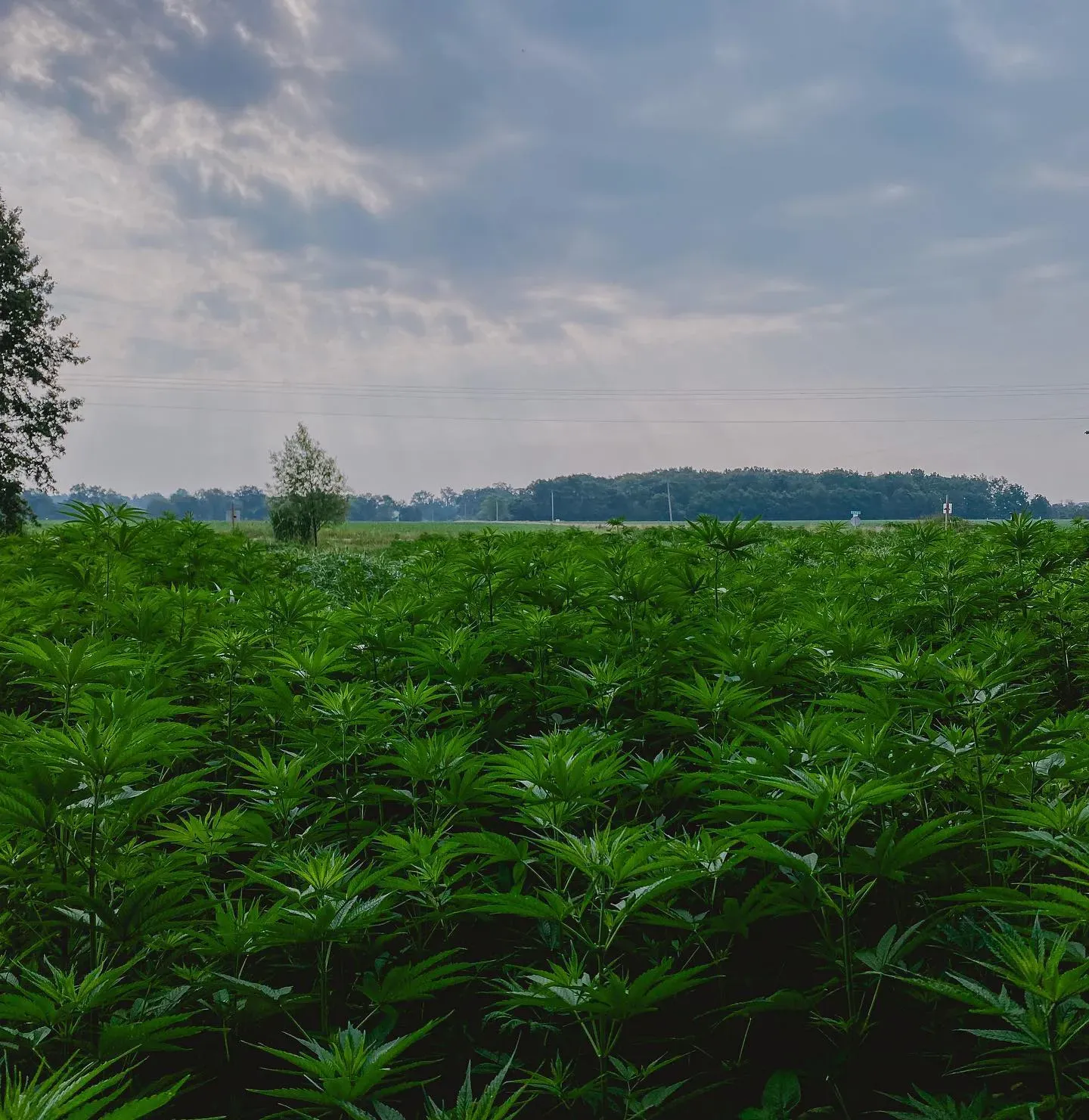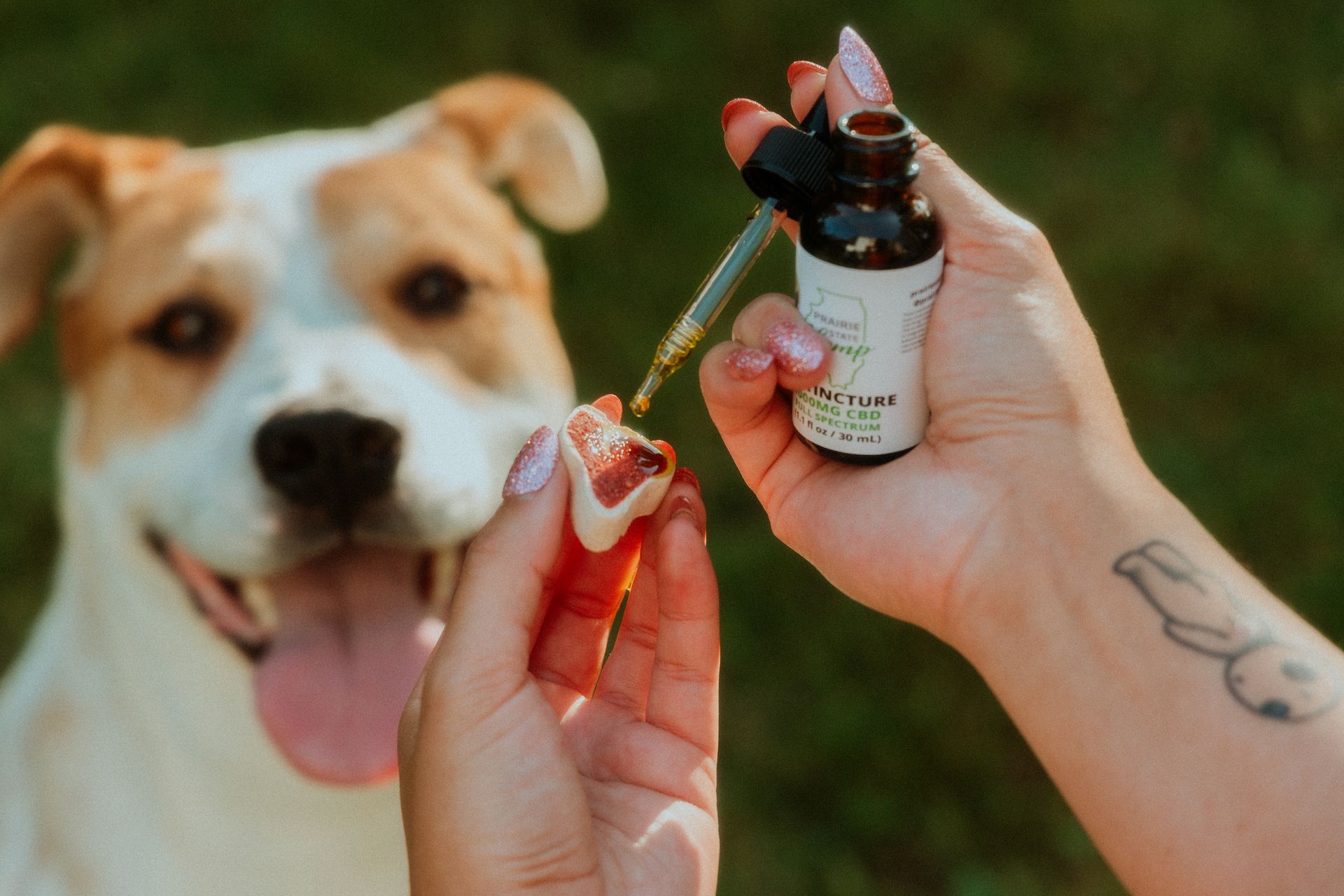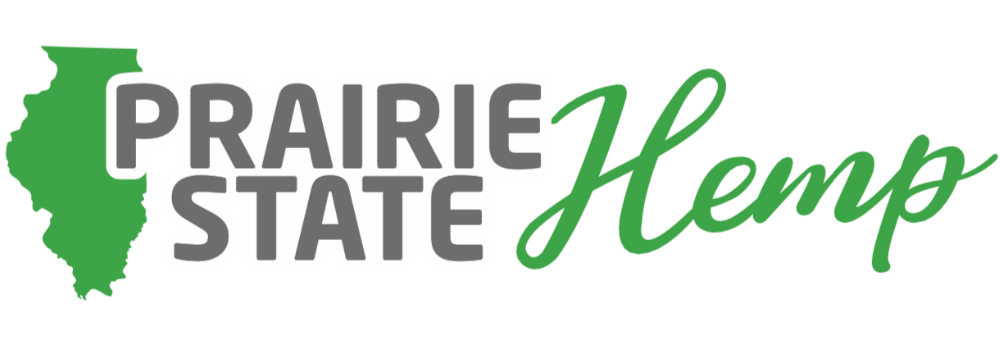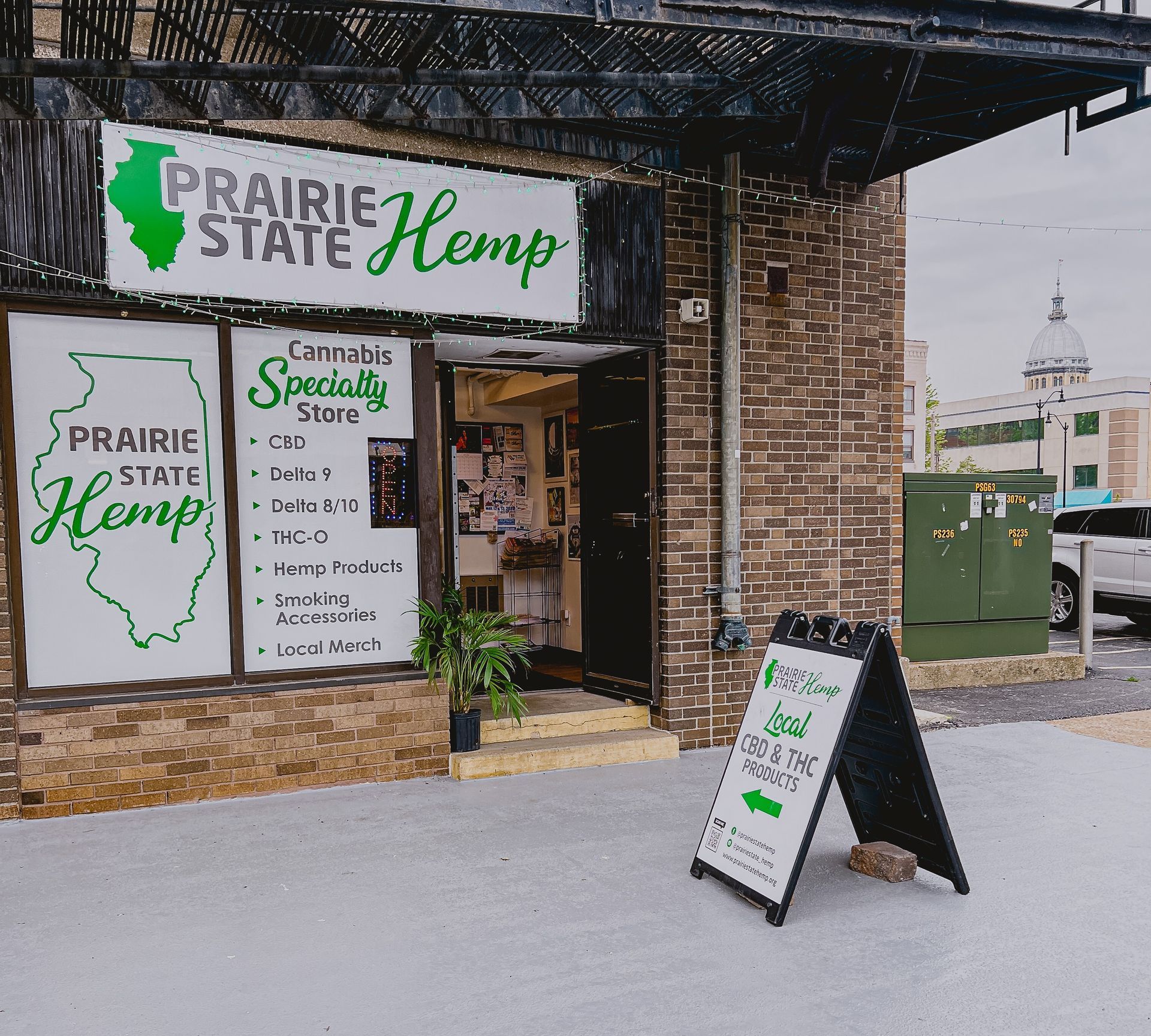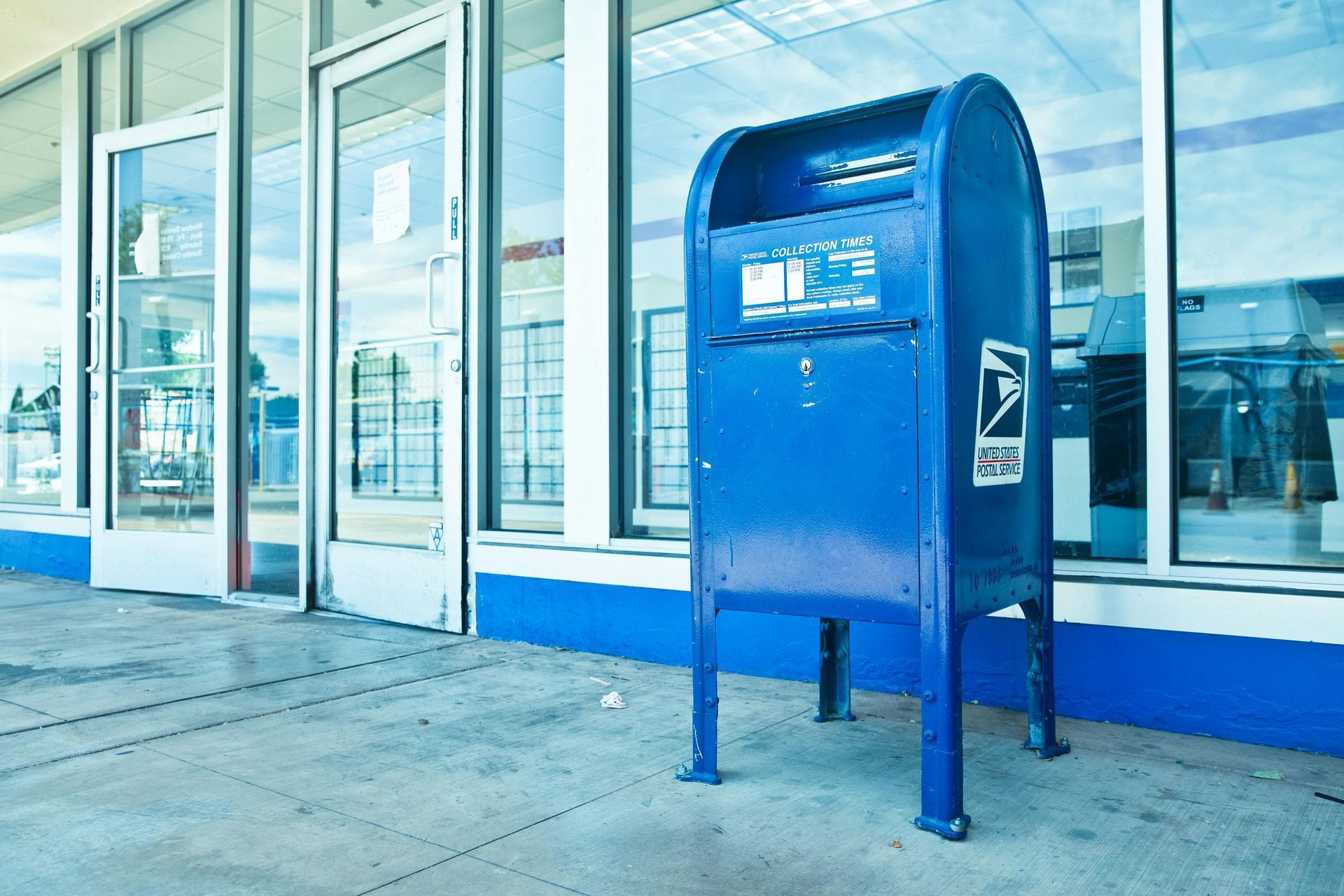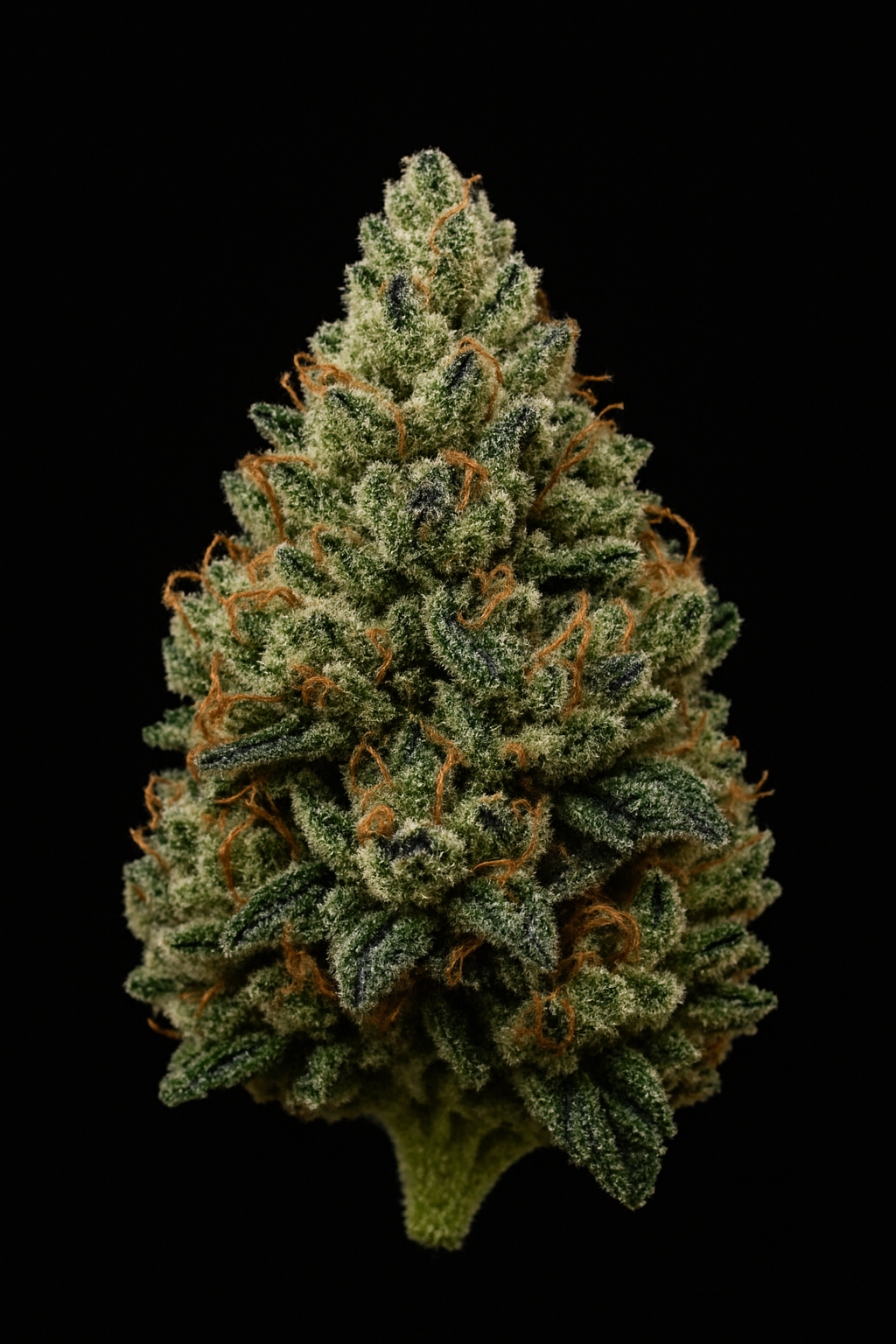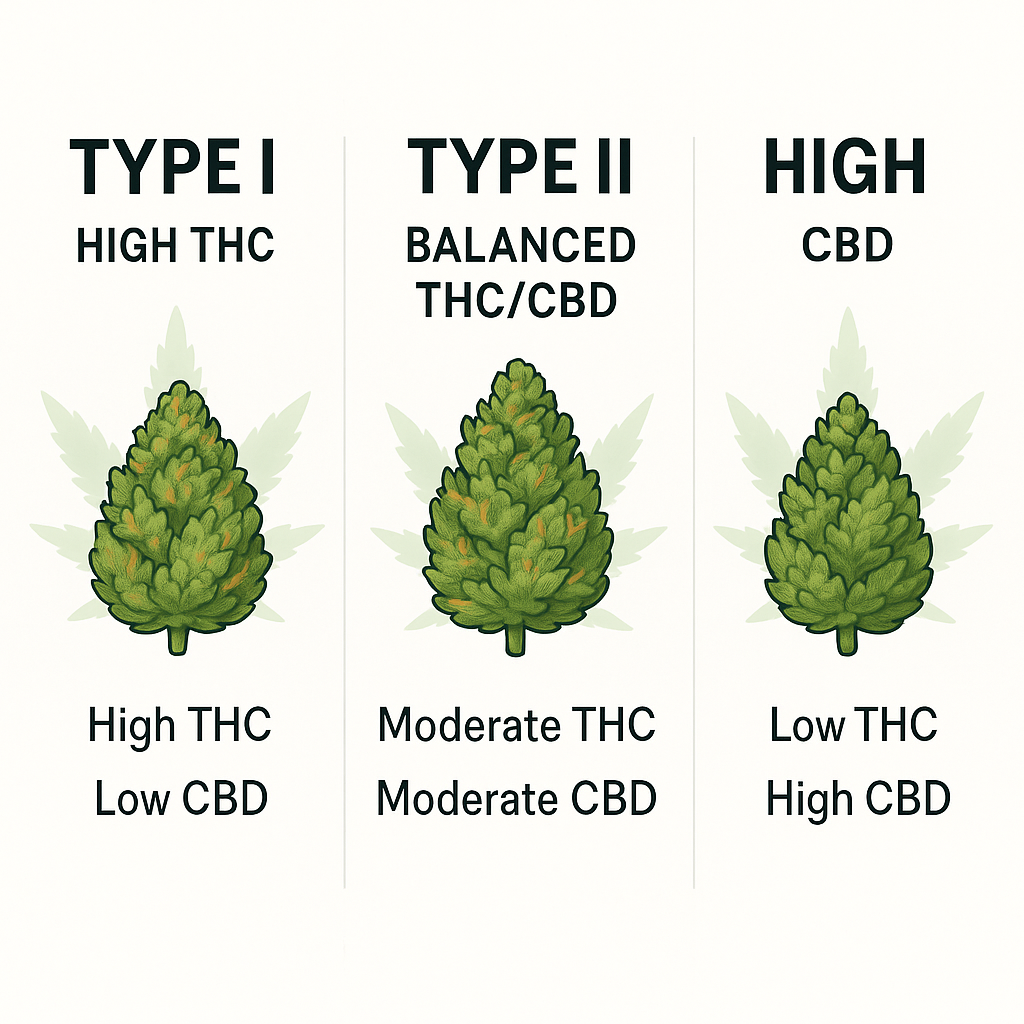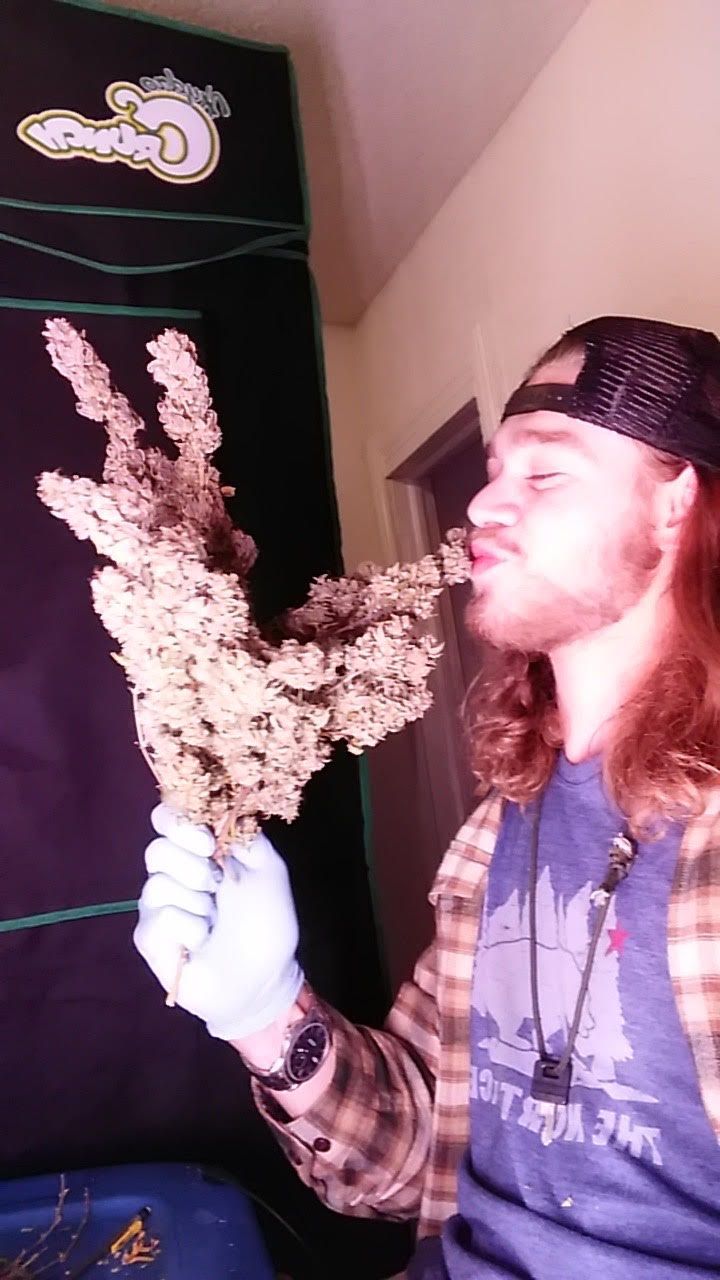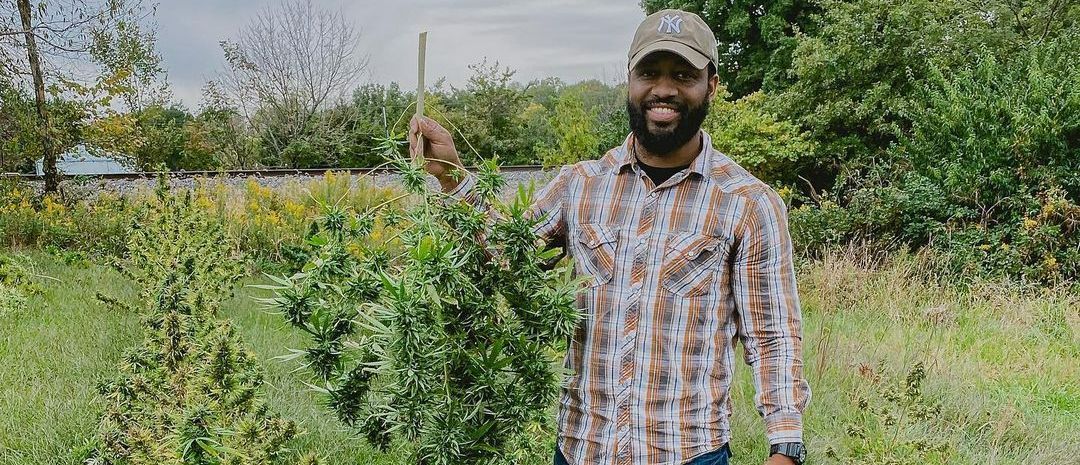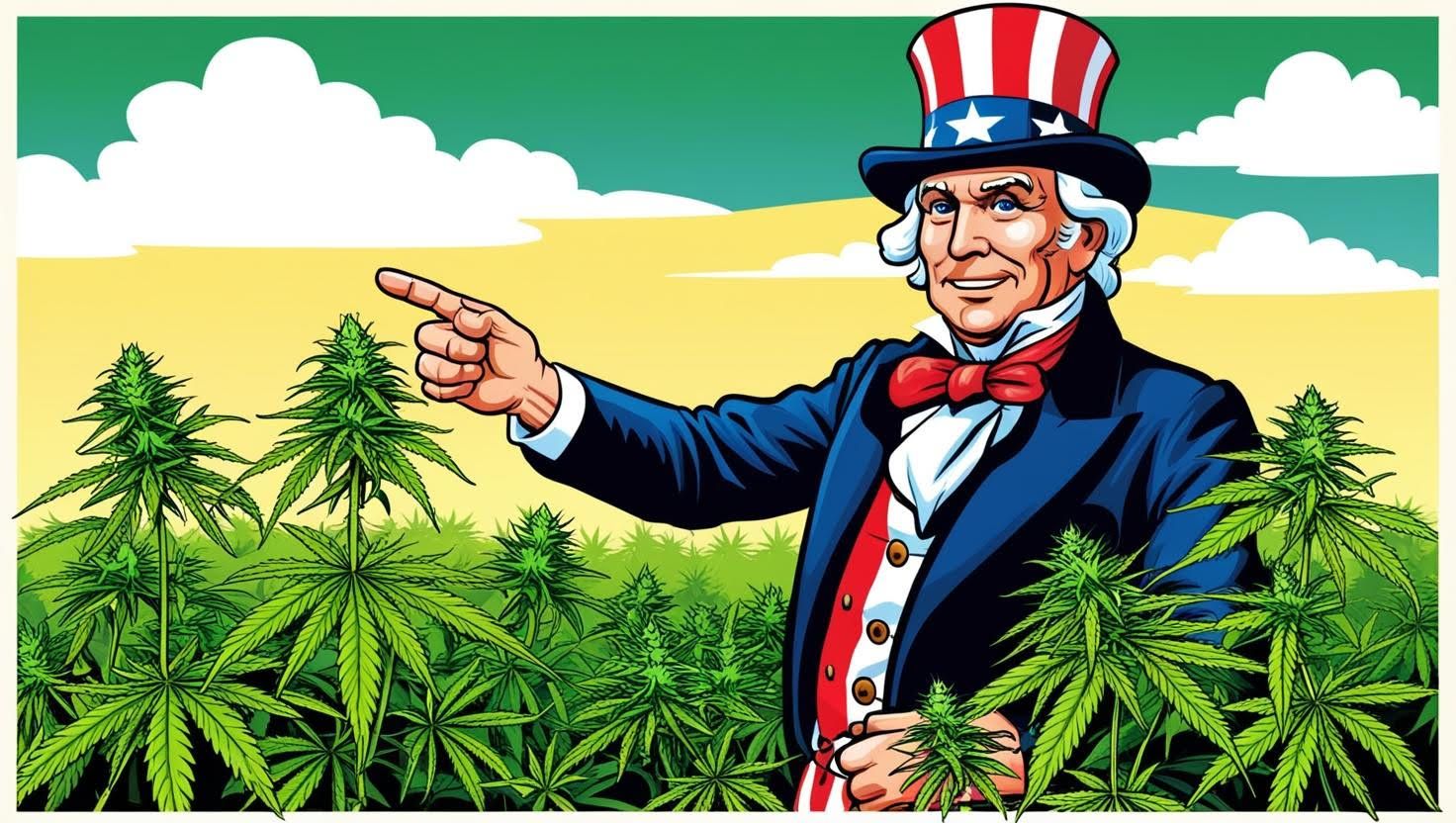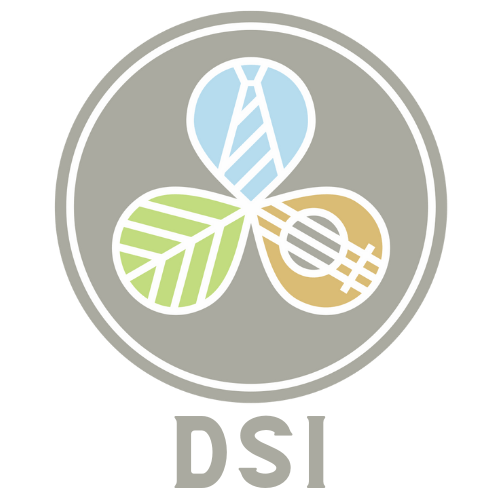The legality of Delta-8 THC
The legality of Delta-8 THC | Prairie State Hemp
Delta-8 THC (tetrahydrocannabinol) is a psychoactive compound found in cannabis plants. It is similar to Delta-9 THC, the primary psychoactive compound found in cannabis, but with a slightly different chemical structure. Delta-8 THC has gained popularity in recent years due to its reported milder psychoactive effects and its legal status in some states in the United States. However, the legality of Delta-8 THC is a complex and evolving issue that requires a closer examination.
The 2018 Farm Bill and Delta-8 THC:
The 2018 Farm Bill is a federal law that legalized the cultivation and sale of hemp, defined as cannabis plants with less than 0.3% Delta-9 THC by dry weight. The law also removed hemp and hemp-derived products, including CBD, from the list of controlled substances. However, the Farm Bill did not explicitly address Delta-8 THC, leaving its legal status unclear.
Some argue that Delta-8 THC is legal under the 2018 Farm Bill because it can be derived from hemp. They argue that as long as Delta-8 THC is derived from hemp and contains less than 0.3% Delta-9 THC, it falls under the definition of hemp and is therefore legal. This argument is based on the fact that Delta-8 THC can be produced by converting CBD, which is legal under the Farm Bill, into Delta-8 THC.
However, others argue that Delta-8 THC is a controlled substance under federal law because it is a psychoactive compound and is chemically similar to Delta-9 THC. The Drug Enforcement Administration (DEA) has taken the position that Delta-8 THC is a controlled substance because it is a derivative of cannabis and has psychoactive effects.
State Laws and Delta-8 THC.
The legal status of Delta-8 THC also varies from state to state. Some states have explicitly legalized Delta-8 THC, while others have banned it. For example, in Colorado, Delta-8 THC is legal for adults 21 and older, but in Alaska, it is illegal. In some states, such as Michigan, the legality of Delta-8 THC is unclear, and the state attorney general has issued guidance advising caution when selling or possessing Delta-8 THC.
The lack of clarity and consistency in state laws regarding Delta-8 THC has led to confusion and controversy among manufacturers, retailers, and consumers. Some argue that the lack of clear regulations and oversight in the Delta-8 THC market poses health and safety risks to consumers, as products may contain harmful contaminants or inaccurate labeling.
Conclusion:
In conclusion, the legality of Delta-8 THC is a complex and evolving issue that depends on a variety of factors, including federal and state laws, chemical composition, and the source of the compound. While some argue that Delta-8 THC is legal under the 2018 Farm Bill, others argue that it is a controlled substance under federal law. The legal status of Delta-8 THC also varies from state to state, with some explicitly legalizing it and others banning it. As with any cannabis-related product, consumers should exercise caution and do their research to ensure they are complying with applicable laws and regulations and are aware of the potential risks and benefits of using Delta-8 THC.
Click Here to Shop Our Delta-8 THC Products!
